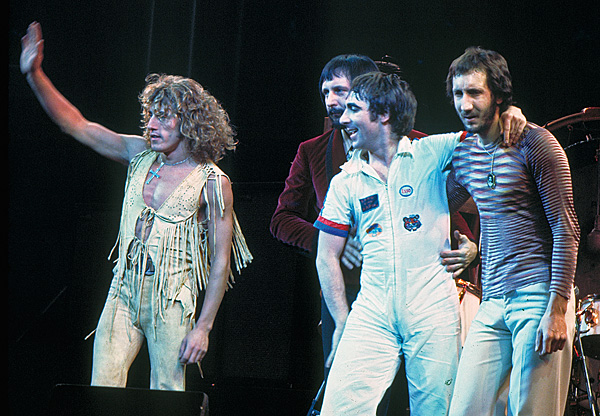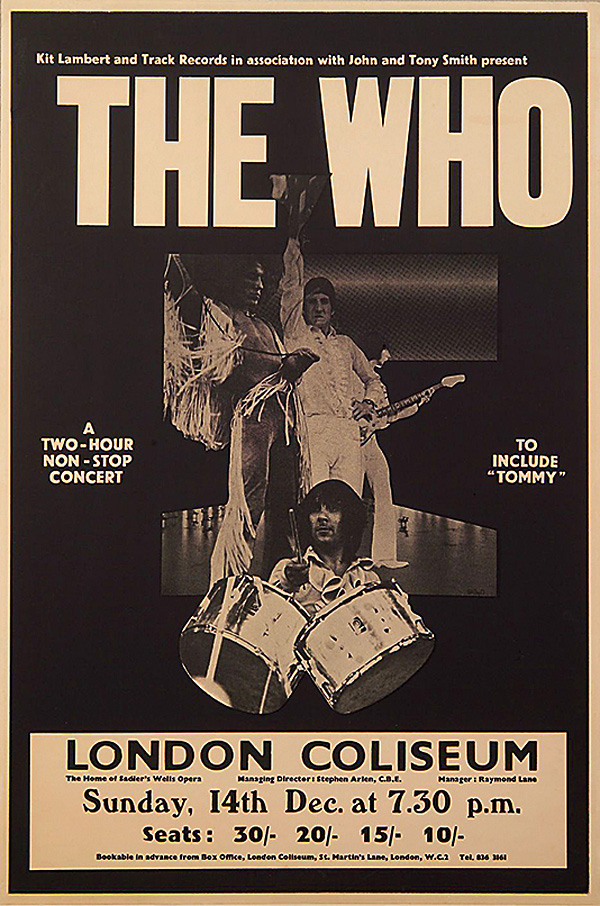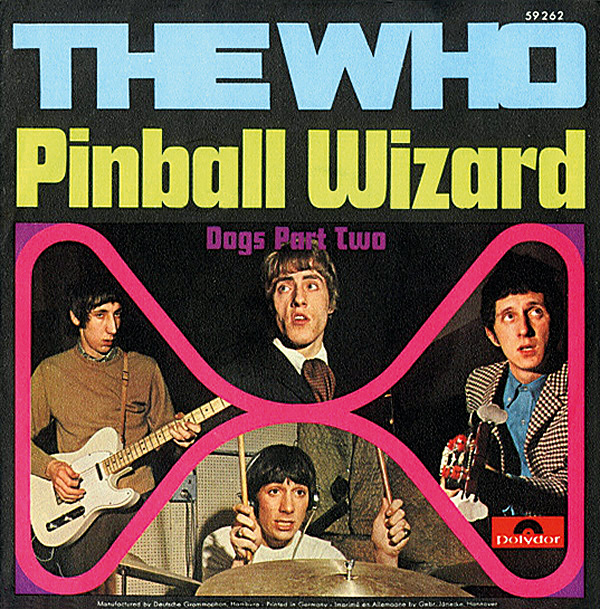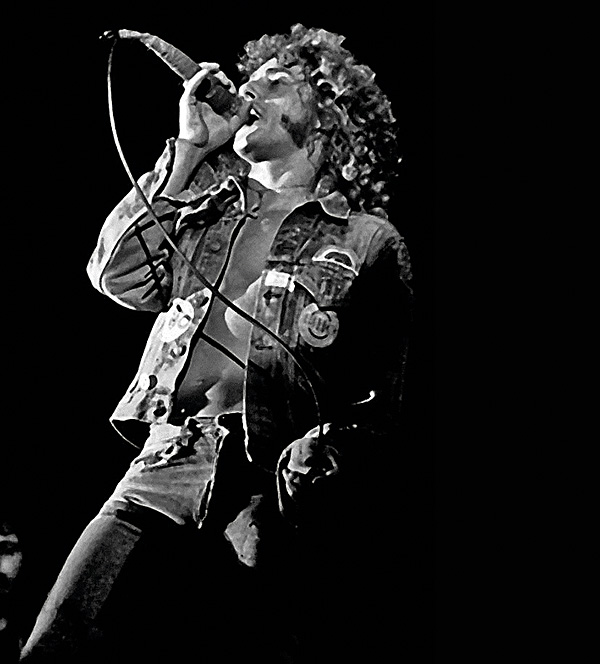The Who: Tommy Page 2
Pop Facelift
Radio 1 DJ Tony Blackburn declared that 'Pinball Wizard', being a tale of a 'deaf, dumb and blind kid', was distasteful. It was certainly the first pop song to address such matters. Reviewing the album in NME Allen Evans wrote 'Maybe ambitious is the right term, but sick certainly does apply'. Chris Welch of Melody Maker rebutted these accusations saying that it should be 'acknowledged as an important facelift to the somewhat battered pop image'.

Townshend had described 'A Quick One While He's Away' from 1966 as a mini-opera, but Lambert was keen to go the whole hog and push Tommy as a rock opera. It seemed a bit of a grandiose conceit for a series of thematically linked rock songs to be seen on a par with Puccini or Wagner. If one were to be pedantic and give Tommy a quasi-classical classification, a song cycle seems more appropriate, since an opera is essentially a dramatic work and, initially, Tommy was not. But 1969 was a time of great cultural change and rock opera was a 'fun term' to throw around back then.
And as Lambert pointed out, plots by operatic composers have often been quite preposterous and require a suspension of disbelief. He pushed the idea further by getting the group to play Tommy in concert at the New York Met in 1970.
And if that term was used, Tommy's claim to be the first rock opera was in dispute anyway. The Pretty Things had already been there and done that in 1968 with S.F. Sorrow, a story in song of the birth through to death of the protagonist Sebastian F Sorrow, which had been performed in 1968 with the group's members acting the characters and indulging in mime.

Tommy was certainly a major example of rock 'n' roll showing that by 1969 it needed – indeed demanded – to be taken as seriously as the higher art forms. And it was influential on the nascent progressive rock scene.
French Horn
The album begins in droll pseudo-operatic style with 'Overture', in which various themes that appear later in the album are introduced, with Entwistle playing some complementary lines on French Horn. And – ludicrous plot or not – one of the reasons that Tommy is so perennially popular is that there's no filler. The songs are high quality, the album is musically coherent, and even small details such as the short gaps between tracks help maintain the flow. The group are on top form too, with Keith Moon's all-action drumming keeping the energy levels high. And although it's rather hard to get much emotional traction on the storyline, it would be a hard heart that failed to be moved when Roger Daltrey sings, 'See me, feel me…' in the finale, 'We're Not Gonna Take It'.

Stage To Screen
Tommy has sold over 20 million copies yet Roger Daltrey has noted that it took a while for it to take off after initially moderate sales.
'It was only after we had flogged it on the road for three years and played Woodstock and things like that, that it got back in the charts. Then it stayed in the charts for a year and took on a life of its own.'

Tommy's stage life has included a full operatic performance, a ballet version and a Broadway musical, while a semi-staged orchestral Tommy was performed at the Rainbow Theatre London, in 1972, with the LSO. Of the group, just Townshend performed on guitar, but there was a stellar cast of guest vocalists including Richie Havens, Sandy Denny, Rod Stewart and Steve Winwood. Maybe Lambert's rock opera label had been right all along!
The late Ken Russell made a movie of Tommy in 1975 with Daltrey in the title role, and starring Oliver Reed, Ann-Margret and Jack Nicholson, with musicians including Eric Clapton, Elton John and Tina Turner as The Acid Queen.
In December 1970 Pete Townshend announced live at The Roundhouse, Camden Town, 'This is the very last time we'll play Tommy on stage'. Ironically, the first time The Who played it in its entirety was at the Royal Albert Hall in 2017 having missed out some songs in all previous performances.










































